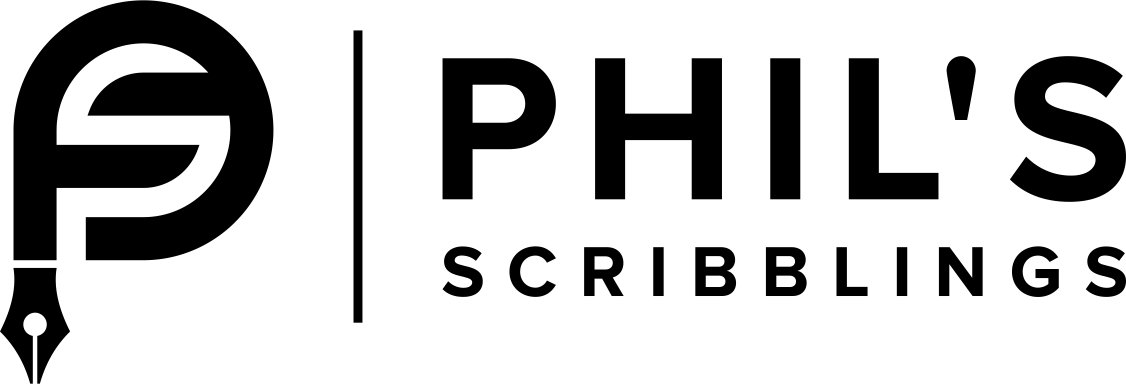The opening illustration is unforgettable. I speak of Vaclav Havel’s essay, ‘The Power of the Powerless,’ which opens with an examination of a typical small shop owner living in communist Romania. He puts a sign in his shop window: “Workers of the world, unite!” But does he really believe this? Does he believe it so much that he feels an urge to inform his customers of this ideal? Or is something else going on? Havel explains: “The slogan is really a sign, and as such it contains a subliminal but very definite message.” And what is that message? “I am afraid and therefore unquestioningly obedient.” Or in other words:
“I, the greengrocer XY, live here and I know what I must do. I behave in the manner expected of me. I can be depended upon and am beyond reproach. I am obedient and therefore I have the right to be left in peace.”
Is something similar going on in the West in our own day? It sure feels like it. In my travels through quaint and quiet Ontario towns, it seems like every shop feels the need to advertise its most excellent moral qualities by having a rainbow flag in the window. Some even boast of being “Rainbow Registered,” which refers to the “Canada’s 2SLGBTQI+ Chamber of Commerce (CGLCC)” Accreditation program for “2SLGBTQI+ Friendly Spaces,” a program that is generously funded by the Government of Canada.

In our day, there is no shortage of breathless outrage over every aspect of the culture war. I really have no interest in joining the chorus of baying dogs barking at each other incessantly across the fence. If you’re looking for that, the good news is there is plenty to be found — just find yourself some social media influencer who agrees with you and go from there.
I am more interested in digging down beneath the surface in a calm and irenic way to understand what is going on. What is animating this froth on the surface? What really divides us? Is it really the case that “they are evil” as so many on both sides claim? That is too easy, too convenient, and too dangerous a notion to embrace, as Solzhenitsyn taught us:
The line separating good and evil passes not through states, nor between classes, nor between political parties either — but right through every human heart — and through all human hearts. This line shifts. Inside us, it oscillates with the years. And even within hearts overwhelmed by evil, one small bridgehead of good is retained.
So this isn’t about getting worked up in fiery indignation at the latest provocation of the other side. Instead, let’s ask the question: what does it mean to have a flag in one’s window, or flying over one’s house, or — more significantly still — over our municipal or church buildings? To answer that question, we need to back up a bit and consider what a flag signifies.
In the last episode of the Masters of the Air series, documenting the story of the 100th Bomber wing of the American forces, captured airmen in a Nazi POW camp rise up against their captors as the allied forces close in. As the fighting subsides, one of the main characters of the show decides to make a bold and symbolic move. He finds himself a contraband American flag, climbs up a wooden structure, tears down the Nazi swastika that had been flying over the camp and raises the stars and stripes amid triumphant shouts and swelling orchestral music. It’s a moving scene (viewer discretion: Violence).
Flags have always carried symbolic weight, not only in their visual designs but also in their usage. To raise a flag over a place is to claim it, and to declare that place’s submission to the authority to which the flag points. To choose to display a flag is an inherently powerful statement of allegiance.
So what does the rainbow flag signify? That question could be answered in a number of different ways. Some would say it means equality and the freedom to love whomever one wants, and to be whoever one feels he or she (or they?) is inside. Others would say it means sexual perversion and the wholesale rejection of both traditional morality and even more fundamentally the binary of male and female.
But I would like to argue that at a deeper level, the flag really represents a rejection of classical metaphysics, the belief that nature has a given shape and order which must be discovered and honoured. Trying to engage this topic on the level of sexual morality is a dead end. The differences are too fundamental. Instead, I’ve found that tackling the topic from the lens of philosophy is less personal and heated.
This is street-level philosophy to be sure. I’m not qualified to debate academic philosophy, nor do I have any desire to. But philosophy at a more basic level is thinking carefully about the nature of the world, knowledge, and reality. One of the major fault lines we find in philosophy is that between nominalism and realism.
In short, nominalism argues that the material world takes the shape it does rather accidentally, and that the names (nomen in the Latin) we give things are arbitrary. There is therefore no reason why trees shouldn’t be boiled down to green soup and no reason why we cannot take it upon ourselves to reshape and reconfigure ourselves and our world to suit the desires we find within.
Realism, on the other hand, believes that the shape of the world and everything in it is purposeful — has telos. Therefore everything has a nature that informs its shape, function, and proper purpose. In this view, there is a moral imperative attached to the world, which is to honour the design and purpose of the world.
These ways of thinking are rarely discussed but they nevertheless function as deeply-held assumptions about the world that shape our moral intuitions. Returning to the LGBT Rainbow flag discussion, I would argue that to embrace the ideology of that flag is to embrace a radical form of nominalism.
Framing this discussion along the lines of philosophy has at least two positives that I can see. First, it gets away from arguing about morality and religion, which is often a dead end. Don’t get me wrong, I love talking about religion and morality, but when engaging someone on the other side of this issue, it’s been my experience that we get nowhere at all. Second, it draws a distinction that doesn’t run cleanly along religious lines. What I mean is that some Christians are clearly nominalists, like progressive Christians who find ways to embrace the LGBT movement while holding on to some semblance of belief in Christ, while many secular atheists, Muslims, or non-religious types have a deeply held belief in realism which makes it impossible for them to get on board with the idea that a man can become a woman.
So what about those small-shop owners with the Rainbow flags in their windows? Perhaps some of them are true believers in the LGBT revolution, but many of them are probably just trying to run a small business and be left alone. The rainbow mafia, as some have called it, has all kinds of ways to pressure people to get on the ‘right side’ of this issue. Add to that the social dynamics of small towns, where everyone knows everyone, and also the Canadian temperament to be polite and avoid direct conflicts when possible, and you get many people saying, just like the Romanian greengrocers:
“I, the small business owner, live here and I know what I must do. I won’t be any trouble. I behave in the manner expected of me and put up the Rainbow flag. I am obedient and therefore I have the right to be left in peace to sell my wares to townsfolk and tourists.“
But just like those suffering under communism, choosing to live by lies is a tragic mistake. It weakens and demoralizes the one who does it. It reinforces the power of the totalitarians, or in our case the soft totalitarians. I believe the flag represents a metaphysical lie, an incredibly damaging lie, and that it is good and right to resist the ideology which animates the LGBT movement, for the sake of our society, for the sake of those caught up in that ideology, and for the sake of the Truth. For Christians, that opposition ought to be both courageous and virtuous, which is not an easy balance to find. But hopefully a deeper understanding of the philosophical questions embedded in this front of the culture war can help us find that balance.
